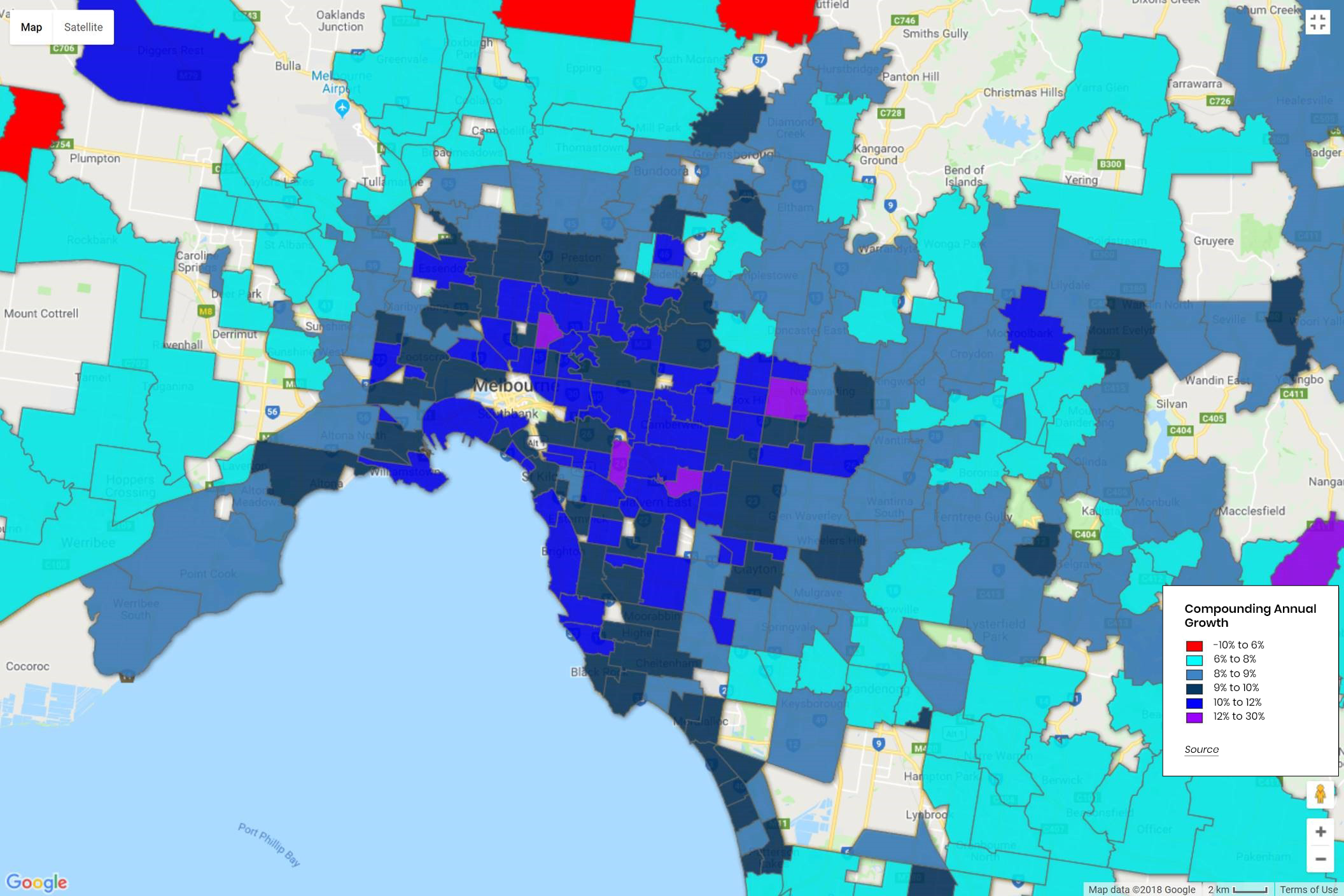Folks, with State Election around the corner and the Federal Election less than a year away, it’s time to future-proof your portfolio.
The market has changed and will continue to change. We’ve also got some challenges in the Macro landscape as well — lending regulations, potential changes to negative gearing and interest rate rises, just to name a few.
So you might be asking yourself, “How is it still possible to build a property portfolio and earn $2K per week in passive income with all of this other stuff happening?”
And you’ve got a good point. There IS a reason to be concerned, but this does NOT mean you have to abandon ship altogether. Far from it.
So in today’s episode — before our Surprise Superstar Guest joins us next week for our 200TH EPISODE!! — we’re going to answer some of your questions about how to do exactly this.
This is just a few of the things we’re discussing:
- The right time to buy in a changing market
- How should one approach 2019?
- Picking the bottom of the market (and if this is actually possible!)
- Strategies to increase your cash flow
- The house price drop
- Releasing equity
- Starting with ZERO equity
- The future of the property market
Before we get to the questions, Ben is coming to all of you who are based in Perth! As the Chair of PICA of course. Details below:
When: 6:30 pm – 9:00 pm AWST, Tuesday, 4 December 2018
Where: Queens Building, Lecture Room, Level 1, 97 William Street, Perth, WA
Cost: FREE!
Link to secure your ticket: Reserve your Seat here
And if you’re after the video that Bryce mentions in today’s show to Know Your Number… Watch it below or click here to watch it now.
Finally, the questions we’re answering today…
Question from Mirella:
When talking about earning $2,000 per week in passive income is this measured before or after outgoings; eg. rates, land tax, etc.?
Question from James:
Trying to build a portfolio whilst the future of interest rates and a change in government and a change to negative gearing could potentially impact the market. How should one approach 2019?
Question about market sentiment/right time to buy from Kirthika:
Thanks for this session guys! Quick Q… there’s a lot of media activity discussing the impending drop in property prices over the next few years. As a result, my husband and I are worried about investing now? in the event we could buy for cheaper in a year! What are your thoughts?
Question about increasing cash flow and paying off debt from Nipper:
I feel confident with how to select investment grade properties. But I’m not so sure on how to hold them then get to the cashflow stage. Do you propose changing loans to P&I or selling down some properties to then pay off the debt of others, or something else?
Question about having no equity from Dan:
You mention using equity. If you don’t yet have access to equity… do you have any tips to get started?
Question about realising equity for cash flow purposes from Kosta
Do you ever recommend using some equity release to pay the monthly repayments to improve cash-flow?

 Subscribe On Itunes
Subscribe On Itunes Subscribe On Android
Subscribe On Android

